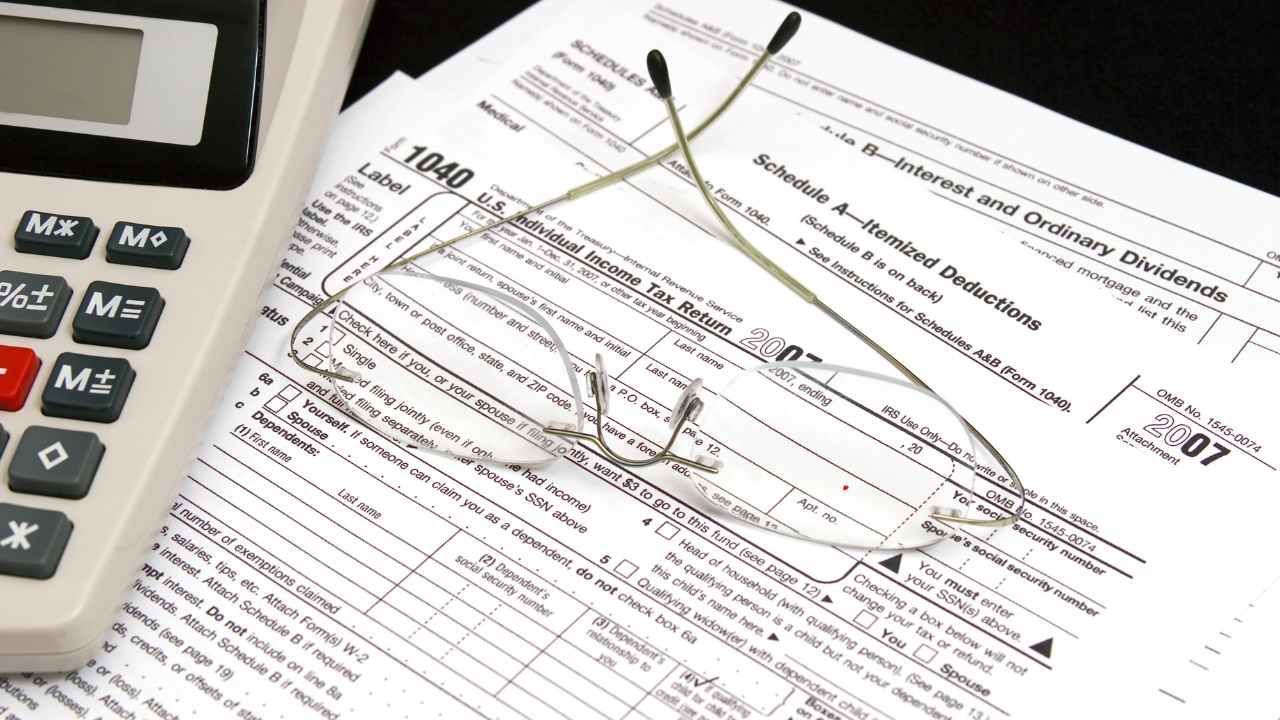How to Choose Between Standard and Itemized Deductions

Taxes can feel like a maze, and one of the biggest decisions many people face each year is whether to take the standard deduction or itemize. While both options can reduce your taxable income, choosing the right one could mean saving hundreds—or even thousands—of dollars. If you’ve ever wondered which path makes the most sense, this guide will walk you through the basics and help you make a smarter choice.
When faced with this decision, many people turn to a tax consulting firm for guidance. At Carolina Tax Consulting, clients often discover that the choice isn’t always straightforward. What works one year might not be the best option the next. With the right tax professional by your side, you can better understand which deductions truly benefit your financial situation.
Understanding the Standard Deduction
The standard deduction is the simplest option. It’s a flat amount set by the IRS that lowers your taxable income, and almost every taxpayer qualifies for it. The benefit? It’s quick, requires no additional paperwork, and often works well for people who don’t have many deductible expenses.
For 2024, the standard deduction is:
- $14,600 for single filers
- $29,200 for married couples filing jointly
- $21,900 for heads of household
This option makes sense if your deductible expenses don’t add up to more than these amounts. Many people, especially those with straightforward tax situations, find the standard deduction to be the easier and more efficient choice.
What It Means to Itemize
Itemizing deductions means listing out specific eligible expenses on Schedule A of your tax return. This method requires more effort, but it can result in bigger savings if your expenses are high enough. Common deductions include:
- Mortgage interest
- State and local taxes (SALT), up to $10,000
- Medical expenses that exceed 7.5% of your income
- Charitable donations
- Certain job-related expenses (if applicable)
Itemizing makes the most sense for people who own a home, live in a state with high income or property taxes, or have significant medical bills or charitable contributions.
How to Decide Which Is Better
The key is comparing the total of your itemized deductions with the standard deduction available for your filing status. Whichever is larger will usually be the smarter choice. However, it’s not always just about the numbers. Here are a few things to keep in mind:
- Complexity vs. simplicity: The standard deduction is easier, while itemizing requires more recordkeeping and documentation.
- Life changes: Buying a home, starting a business, or facing medical challenges may suddenly make itemizing more beneficial.
- Future planning: Sometimes itemizing this year can set you up for deductions in future years, such as carrying forward charitable contributions.
A Quick Case Study
Consider Sarah, a single filer who rents her apartment and has no major medical expenses. Her charitable donations total $1,000. Adding up her potential deductions, she barely reaches $3,000. Since the standard deduction for her is $14,600, taking the standard deduction clearly benefits her.
Now, look at Tom and Lisa, a married couple who own a home. Between $12,000 in mortgage interest, $8,000 in state and property taxes, and $3,500 in medical expenses, their total deductions hit $23,500. Because that’s less than the $29,200 standard deduction, they’d actually save more by not itemizing. This surprises many people, especially homeowners.
When to Get Professional Help
Tax rules change often, and personal circumstances make every case unique. A tax professional can help you run the numbers, spot overlooked deductions, and ensure you aren’t paying more than necessary. In some cases, professional advice more than pays for itself.
Final Thoughts
Choosing between standard and itemized deductions isn’t just about filling out forms—it’s about making the best financial decision for your situation. Take time to compare both options before filing, and if you’re unsure, don’t hesitate to get expert help.
Ready to maximize your tax savings this year? Reach out to Carolina Tax Consulting and let their team guide you to the best choice for your return.
Ready to work with Carolina Tax Consulting, LLC?
Let's connect! We’re here to help.
Send us a message and we’ll be in touch.
Or give us a call today at 803-410-5885











